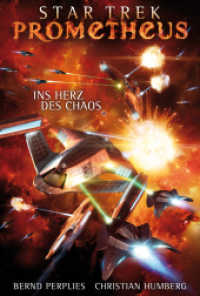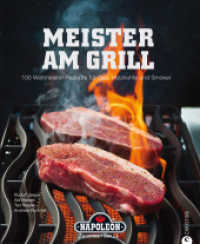- ホーム
- > 洋書
- > ドイツ書
- > Social Sciences, Jurisprudence & Economy
- > Education Science / Pedagogic
- > public education (school & university)
Full Description
This book explores the contribution to education contained in the theoretical work and teaching practice of Matthew Lipman (1923-2010) and Ann Margaret Sharp (1942-2010).








